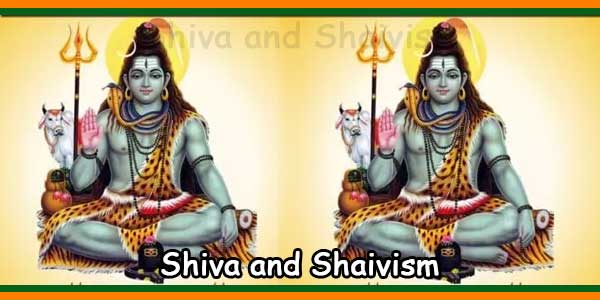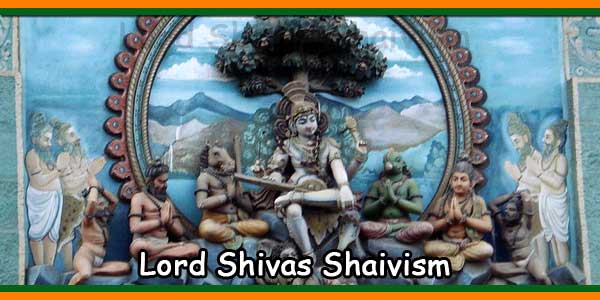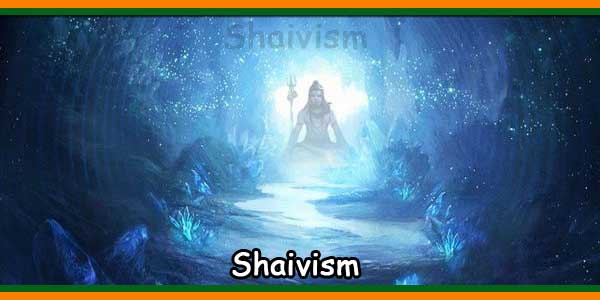Shiva and Shaivism | Brief Biography of Basavanna or Basava
Brief Biography of Basavanna or Basava: Basavanna was the great Vira Saiva socio-religious teacher. He was also known by the names Basavaraja, Basavesvara. He was a deep thinker. He brought about vital changes in social adjustment and thought. He was the Saivite reformer of the Karnataka state. He gave the present form to the cult […]




